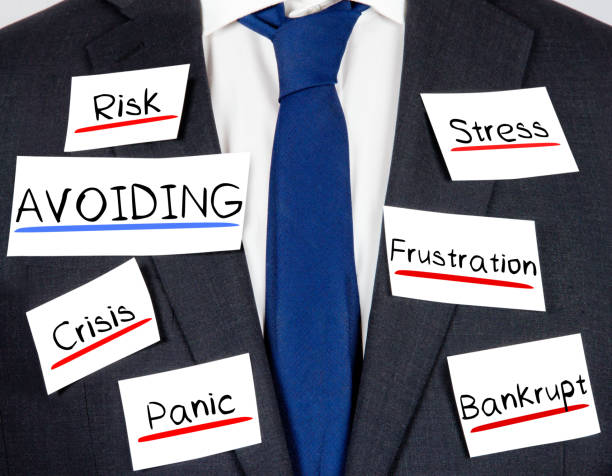
I know this article’s title is about staying out of debt and avoiding bankruptcy, but how does one get into debt in the first place? While the question may seem complex, the answer is really very simple. All it takes is a few swipes of a credit card, that financing companies are more than happy to give to you, and there you are, in debt. And to make sure you get into debt, the credit card companies will make sure to raise your credit limit if you are not already in debt.
So, what are some tricks to staying out of debt before having to look at alternatives such as bankruptcy? Here are 5 suggestions I found in a Yahoo finance post that are straight forward, but sometimes we need to be reminded when we can’t see the forest because the trees are in the way. So, anyway, here we go.
First. Use cash, use cash, use cash. That is, always use cash. The above text serves as a good introduction. Using cash will make you think twice about your purchases. It forces you to think about how much you are spending, instead of simply handing over a credit card. It has the additional advantage of not having to worry about how to pay that credit card later. It makes it much more difficult to overspend, and give you an incentive to more closely budget your money.
Second. Track spending. This obviously goes along with budgeting, but when you track your spending, you can see where you money is going, and what spending habits may need to be adjusted. It is the unnecessary spending that can lead to debt.
Third. Spending Triggers: Avoid Them. Some people spend money on things based on outside pressures. These pressures include stress, relationships, having a good day or a bad day, social pressures, credit cards, boredom, social media pressure, addiction, etc. The next time you spend on something you do not NEED, pay attention to what is causing you to make the purchase; what is behind making this impulse purchase.
Forth. Saved Payment Information: Delete It. Making electronic purchases can, in some ways, be worse than using a credit card at the store. At the store, you are at least forced to retrieve your credit card and tap, swipe or insert it to use it. When you make an electronic purchase, all you have to do is click on a button to make a purchase if your payment and shipping information is stored on the device. This currently seems to be the ultimate in impulse spending.
Fifth. Set Goals. When you are focused on a goal concerning your financial stability, or the purchase of something you need (or not need), it will help you focus on how your money is allocated. You will spend more attention to purchases, and how the purchase is either helping or preventing you from obtaining your goal.
The above is not a comprehensive list of things you should do to keep you out of debt, but it is a great start. For further advice, if you can find a conservative bankruptcy attorney in your area, that is, one that puts bankruptcy as a last case alternative to handling debt, he or she should be able to give you some excellent advise toward helping you avoid the need to file bankruptcy, and can also give you advise on things to do, and to avoid, that will keep bankruptcy as an option should you find it necessary to go down that road.